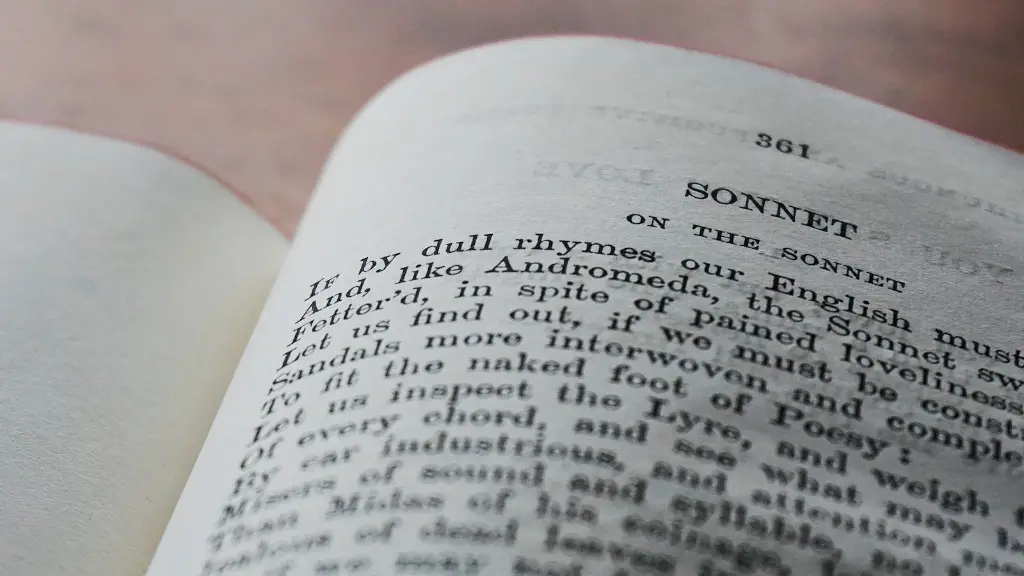Langston Hughes Move to Harlem
Langston Hughes was an iconic figure of the Harlem Renaissance, the cultural movement that began in the 1920s and flourished throughout the 1930s. Born in Joplin, Missouri in 1902, Langston Hughes’s family relocated to Cleveland, Ohio when he was a teenager in hopes of providing a better future for their son. It was here that he first encountered the vibrant African American culture thriving in cities like Chicago, New York and Philadelphia.
In 1921, 17 year old Langston Hughes decided to make the move to New York City and pursue his dreams of becoming a writer. He moved into an apartment in Harlem, the central hub of the cultural movement and became involved with the literary and artistic expressions taking place in the city. In his own words, he described his first few months in Harlem as a “social whirlwind.”
He quickly immersed himself in the culture around him and his passion and dedication to his art earned him the respect of fellow writers and artists, many of whom became close friends. His move to Harlem helped to launch his career and marked the beginning of his journey to becoming an influential figure in American literature.
Langston Hughes was an advocate for black pride, optimism and courage during an era of racial injustice and segregation. He found ways to express his views through his poetry, essays and short stories which often highlighted moments of struggle and resilience. As his work became increasingly respected, Langston Hughes also gained recognition for his leadership and contribution to the civil rights movement and went on to become one of the most recognizable poets of the 20th century.
Langston Hughes’s decision to move to Harlem was a defining moment in his life and his career. His experience in the city inspired and challenged him and his work is a testament to the impact of exposure to and engagement with the artistic and literary culture of the time.
Harlem Renaissance
The Harlem Renaissance was more than just a cultural wave, it was a celebration of African American identity and an expression of pride in the face of discrimination and oppression. Writers, artists and activists alike embraced the movement and used their talents to advocate for social and economic progress.
As more people migrated to the cities, the African American culture flourished and a new wave of literature, art and music began to emerge. Langston Hughes was one of the pioneering writers of the movement, using his works to address issues of race and challengen the status quo. His involvement in the Harlem Renaissance was a testament to his commitment to creating change and his words and stories continue to inspire people today.
The Harlem Renaissance was a seminal period in African American culture and provided the foundation for today’s civil rights movement. Without it, we would not have the vibrant art and literature that exists today or the awareness about the issues impacting African Americans.
The Harlem Renaissance propelled Langston Hughes’ career, helped to raise the profile of African American culture and set the stage for more innovative and groundbreaking works.
Langston Hughes Legacy
Langston Hughes is remembered as one of the most influential African American writers of the 20th century. He pushed boundaries and inspired generations of writers to pursue their dreams and use their voices to challenge social injustices.
His legacy lives on through his works which continue to inform and engage readers of all ages. He was a visionary and an advocate for equality and justice and his work will be remembered for years to come.
Langston Hughes moved to Harlem in 1921, an important watershed moment in his life and career. The decisions in his youth set him on the path to becoming one of the most significant voices of the movement and his works will remain timeless.
Langston Hughes Life in Harlem
Langston Hughes moved to Harlem at a time when the African American community was growing and the culture thriving. He quickly fit into the social scene and quickly began to make important connections with other figures of the movement.
Living in Harlem inspired much of his work and the city served as his source of inspiration. He wrote essays and stories that addressed the experiences of the African American community and explored the nuances of life in an increasingly diverse city.
His works were both entertaining and informative, providing creative and thought-provoking perspectives on the changing social and political landscape. Hughes embraced the movement and played a major role in bringing the new culture to the general audience.
Keen to share the Harlem’s experience with the world, he reached out to those around him and sought out opportunities that would cultivate and create more engaging art. His career flourished during this time and his works were widely read, winning him both recognition and acclaim.
Langston Hughes Impact on Civil Rights Movement
Along with his literary works, Langston Hughes championed civil rights during a time when it was incredibly difficult to advocate for this cause. He was eager to raise awareness about the challenges faced by African Americans and to draw attention to the considerable legal and social inequalities they faced.
He wrote passionately about civil rights, urging his readers to take measures to fight against the discrimation and injustice they faced. His words provided strength and courage to the greater population allowing meaningful conversations to ignite toward progress.
At the same time, Hughes sought out to use his platform to create meaningful alliances, and worked with famous intellectuals of the time to promote the cause, such as W.E.B. Dubois, who had a similar vision for equality.Hughes was essential in helping the civil rights movement to gain momentum, and his continued dedication to the cause won him respect and admiration.
Langston Hughes City Influence
Langston Hughes’ life and career had a profound impact on the city of Harlem and its culture. By sharing his work through public readings, Hughes raised awareness about the vibrant culture taking place in the city. His contributions created an energy and enthusiasm that more people wanted to be part of and it helped to attract more attention to the artistic and literary works of the Harlem Renaissance.
In his later life, he sought to cultivate Harlem’s culture and encourage young people to take an interest in the arts, providing guidance and mentoring to those wishing to pursue writing, music and performing. Langston Hughes wanted to ensure that the city’s culture is preserved and remembered and his efforts were key in cementing its status as a leader in artistic works and progressive thinking.
Langston Hughes decision to move to Harlem provided him with an invaluable opportunity to connect with authors and become an influential figure of the civil rights movement. His legacy in the city remains strong and he will forever be remembered for the legacy of works he left behind.
Langston Hughes and Modern Day Movements
Despite his untimely death in 1967, Langston Hughes’s words and works continue to be a source of inspiration to activists and advocates alike. His life and works retrospectively serve as a reminder to us of the power of art and expression and their ability to create powerful change.
From the Black Lives Matter protests to other social justice movements, Langston Hughes observe and address the struggles and fight for equality that have become a part of the modern world. From his works, we can recognize our shared history and understand how resistance, resilience and support were and are still essential for progress.
Langston Hughes is an iconic figure of the Harlem Renaissance and his influence will be remembered for generations to come. More importantly, his works and life remind us to remain resilient and courageous in our fight for a fairer and more just world.





